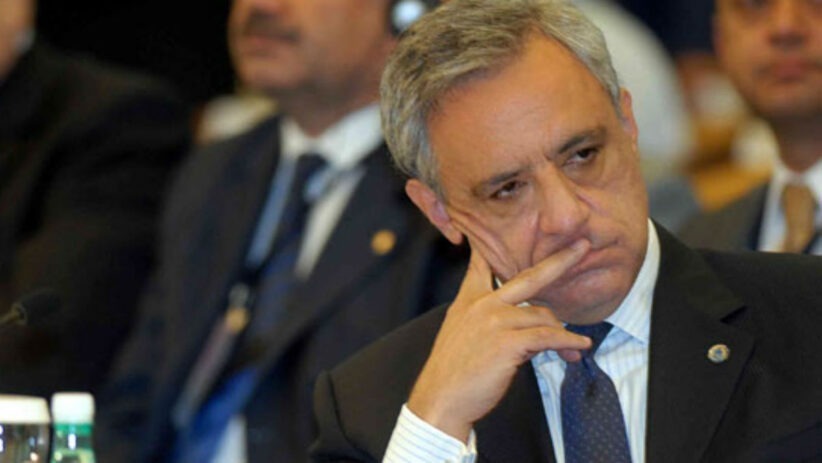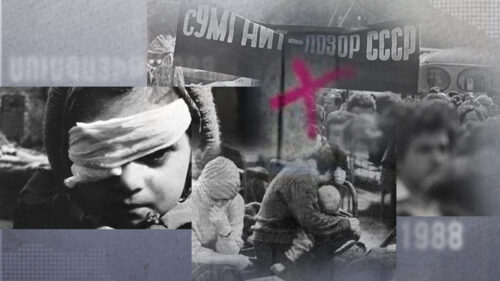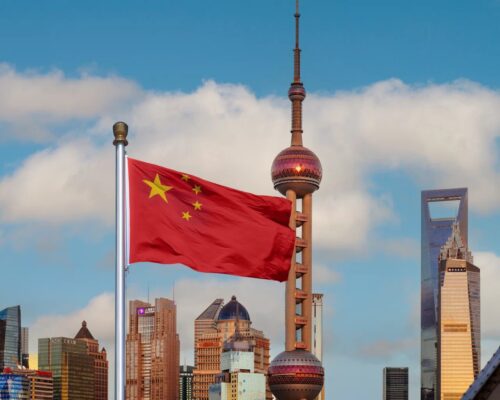
Dozens of political prisoners languish in Armenian jails today; Their only crime is daring to criticize Pashinyan’s policies, says Vartan Oskanian
As Armenia abandons democracy and descends ever deeper into authoritarianism, the European Union watches in silence. In fact, it is worse than silence, Vartan Oskanian, Former Foreign Minister of Armenia, writes.
“The EU—along with the embassies of its member states in Yerevan—is complicit through willful inaction, diplomatic hedging, and strategic cynicism. For decades, the West has invested hundreds of millions of euros in fostering reform in Armenia—supporting its judiciary, police, press, and civil society. Today, all of these institutions are being weaponized by Nikol Pashinyan’s government, transformed from pillars of democracy into tools of repression. Yet the EU remains a passive bystander, seemingly unwilling to let principle interfere with political convenience.
The past five years have been catastrophic for Armenia. It has lost Nagorno-Karabakh. It has lost parts of its sovereign territory. Its very independence is under threat from Azerbaijan, through border incursions and coercive demands for extraterritorial corridors. And now, the country is losing its democracy—crushed under the weight of a paranoid, vengeful administration more focused on silencing dissent than defending the state.
Dozens of political prisoners languish in Armenian jails today. Their only crime is daring to oppose or criticize Pashinyan’s policies. This is no aberration. It is a systematic campaign of repression. Opposition leaders are harassed or imprisoned. The judiciary has become a rubber stamp for the executive. Preventive detention is routinely abused. The government is using the framework of democracy to destroy its substance—and the European Union is pretending not to notice.
The campaign against the Armenian Apostolic Church marks another dangerous escalation. Pashinyan’s efforts to discredit, delegitimize, and ultimately dismantle the Church are not merely political—they are civilizational. In any other country, a state-led assault on a historic national institution—through legal harassment, media defamation, and bureaucratic pressure—would provoke diplomatic outrage. In Armenia, EU representatives avert their gaze.
Apparently, Brussels views the South Caucasus not through the lens of democratic values, but solely as a strategic corridor: a transit route for Caspian oil and gas, a counterbalance to Russian influence, a buffer between Iran and the Black Sea. Today, the logic of appeasement governs the EU’s approach to Armenia. As long as Yerevan does not disrupt energy flows or challenge the illusion of a peace process with Azerbaijan, its domestic repression is tolerated.
The EU is doing a grave disservice to the Armenian people. By turning a blind eye now, it ensures that future governments—regardless of ideology—will feel entitled to act with impunity. Brussels is squandering what little credibility it retains as a defender of democratic norms. When Europe finally chooses to raise its voice, it may find that no one in Armenia is still listening.
There is still time to change course, but the window is closing. Silence is not neutrality; it is complicity. If the EU continues to reward repression with engagement, it will forfeit not only its moral authority in Armenia, but its strategic relevance in the region as well,” Oskanian writes.


